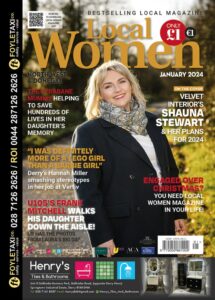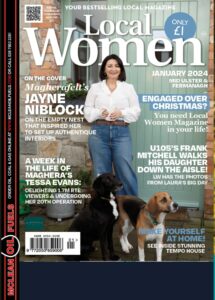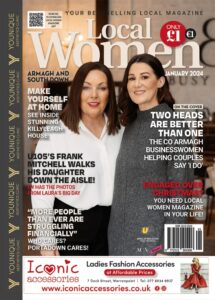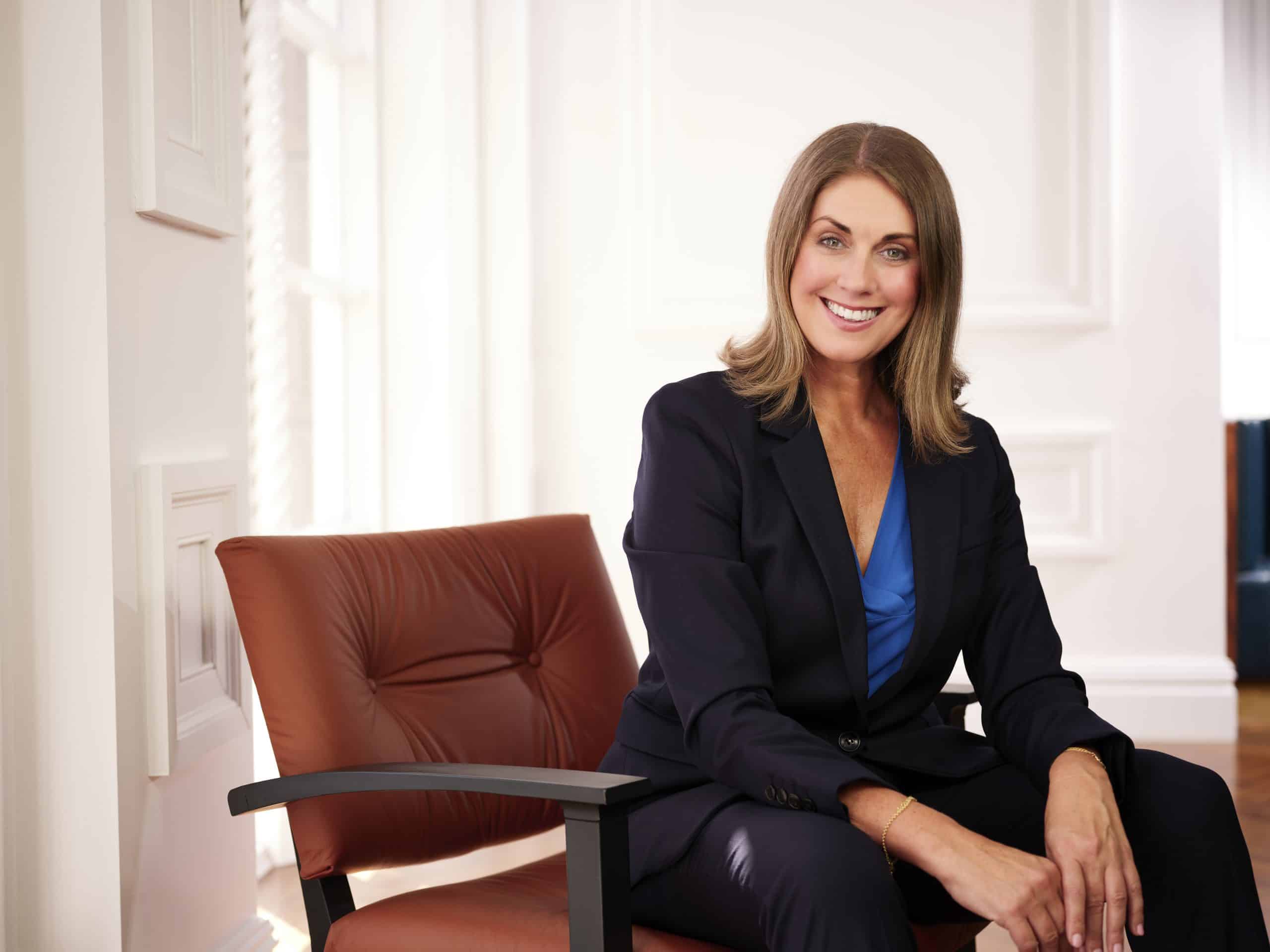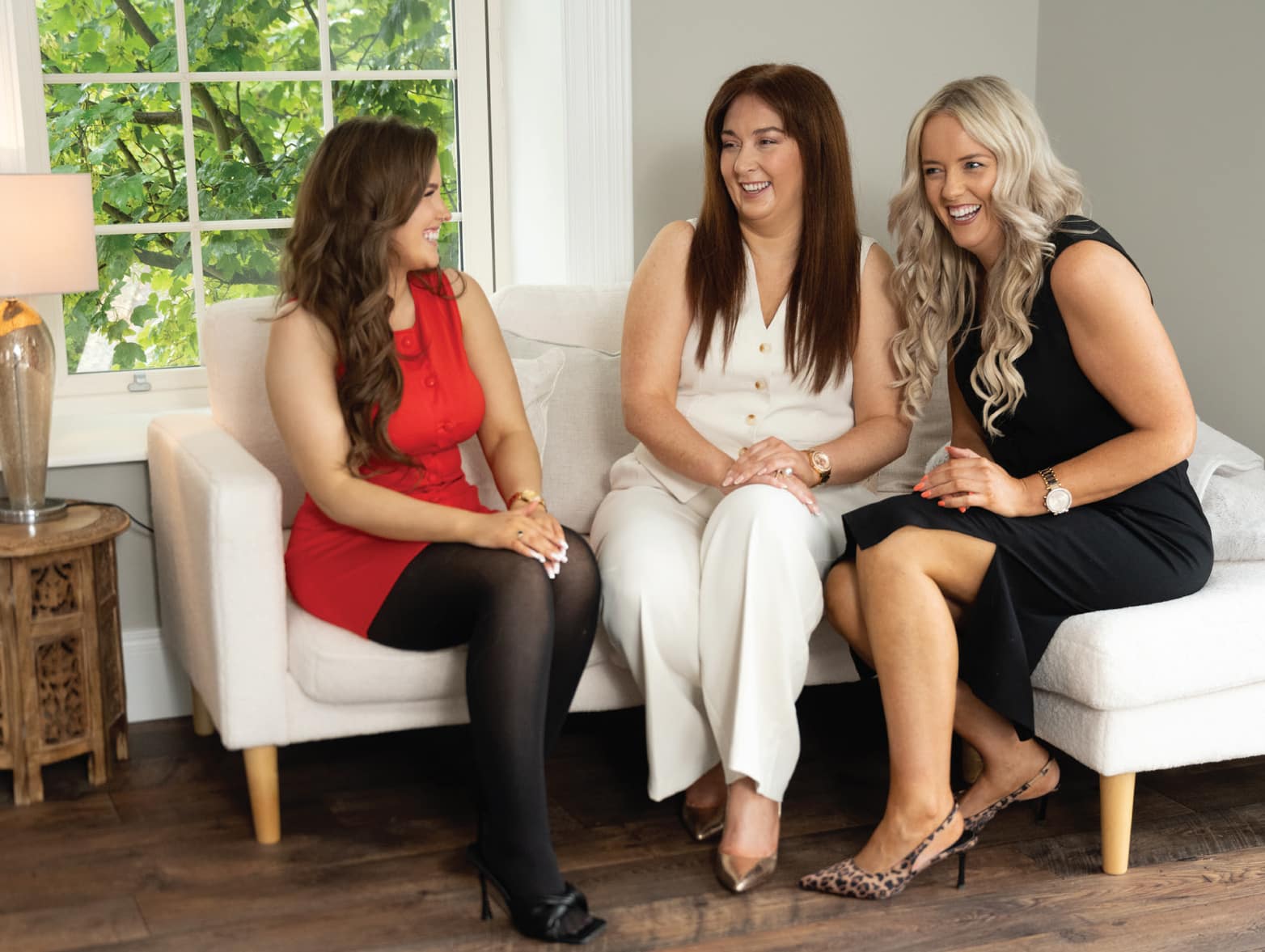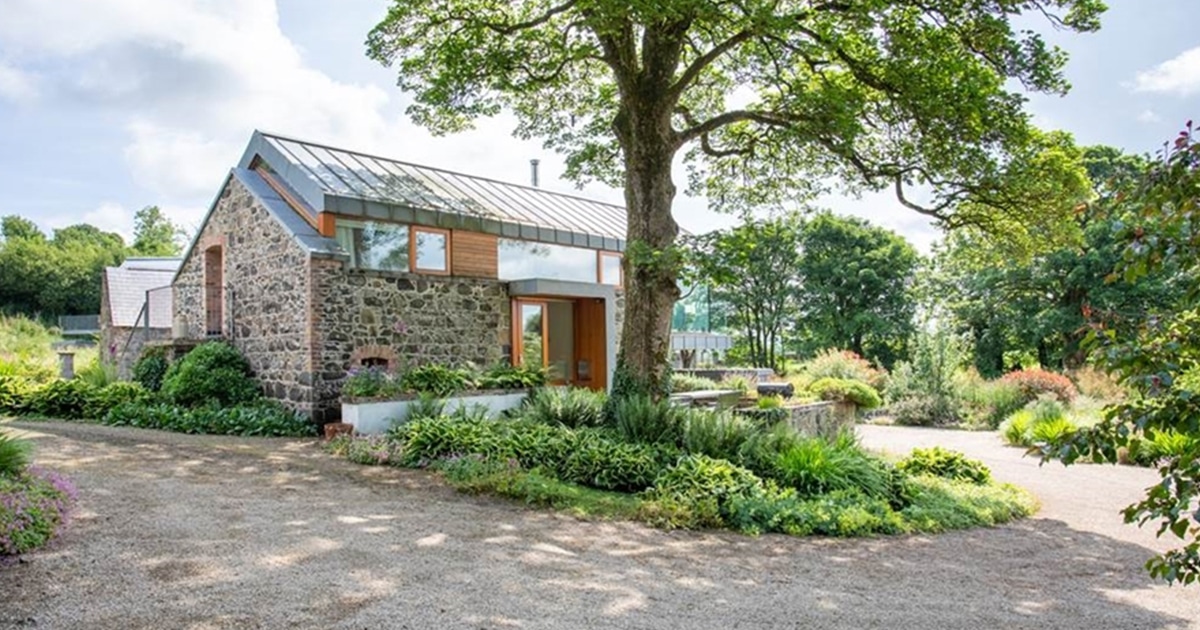Making a mark in the world of engineering
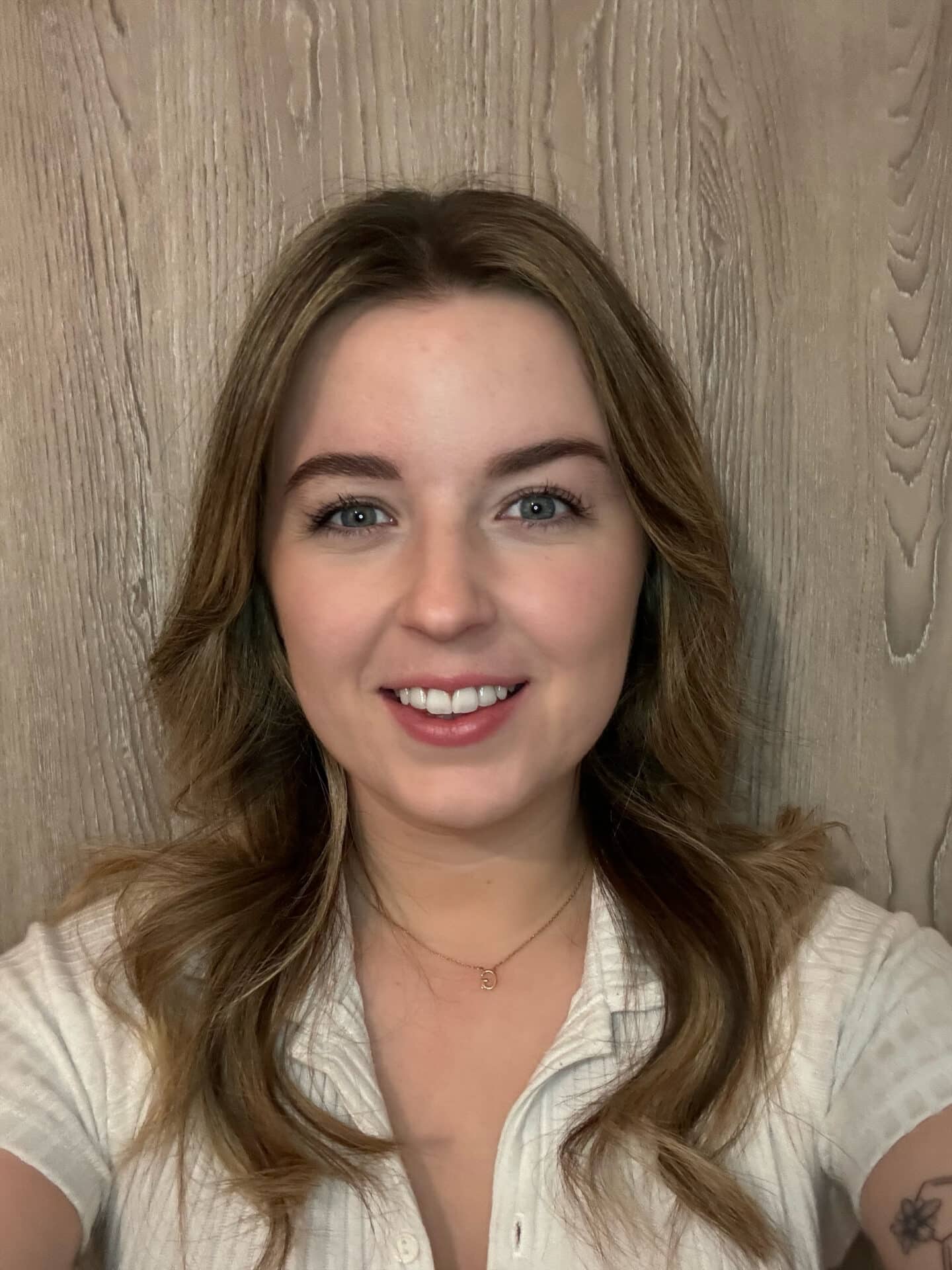
There has long been a collective belief that science, engineering, technology and maths – collectively known as STEM – are a male domain.
So, as more women are following careers in STEM industries, it is important to celebrate those who challenge these stereotypes and are attempting to change the narrative.
Hannah Miller and Jodie Jordan, for example, both work for electrical engineering company E&I which was taken over by US firm Vertiv in 2021. The company specialises in power distribution and plays a significant role in enabling buildings such as skyscrapers, hospitals, and stadiums to function.
Both Hannah (27) and Jodie (25) are Derry natives and have been working for the company for the last three years. Hannah works as a project manager and Jodie is a general operator and second year electrical engineer apprentice.
Despite both women currently thriving in their positions, their journeys into the world of STEM could not be more different.
Growing up, Hannah always had an interest in how things worked.
“I was definitely more of a Lego girl than a Barbie girl,” she laughs.
Whilst at Foyle College, her favourite subject was technology and design which she was encouraged to pursue by her teachers.
“At school I just really wanted to get into engineering in general but initially I was more interested in the design side of things and that’s what I was pushed towards.”
However, despite her early interest in engineering, her career path did not take the traditional route.
“After my A-levels I didn’t go straight to uni because I just missed the grades, so I ended up going to North West Regional College and doing a foundation degree in mechanical engineering instead which was brilliant,” she says.
“In second year, we had the opportunity to do a placement which I absolutely loved because they let me go out to the workshop for about a month where I learned how to weld and use the drills. So I was developing all those practical engineering skills as well which have proven invaluable.”
After completing her foundation degree, Hannah was able to fast track into the second year of an undergraduate programme at Queen’s University Belfast.
“It got to around May of my second year and I had to leave for family reasons and move home so I didn’t finish my degree,” she continues.
“But I thought because I had my foundation degree and some experience in the field already I could just start looking for a job in engineering.
“I was very lucky and was offered a graduate mechanical design engineering role within a family run engineering business in Co Antrim. I liked the work but the company itself wasn’t a great fit for me.
“So, during Covid I started looking for something else and was offered a role as an assistant engineer at E&I which, at the time, felt like a bit of a step back but I knew that there would be more opportunities because it’s such a big company.
“I took the job and was working as an assistant engineer for eight months before I was offered a promotion to a junior project manager.
“I was promoted again to the role I’m in now a few months later.”
In contrast, engineering was not the career that Jodie had initially set her sights on.
“It’s not what I thought I wanted to do at all. Growing up it never appealed to me,” she explains.
“I’ve done judo my whole life so originally I wanted to pursue a career in sport.”
Whilst at St Cecilia’s College, Jodie had planned to build up a portfolio that, combined with her exam results, would enable her to study sports psychology at Ulster University.
“I soon realised that the employment opportunities a sport’s degree could offer were few and far between, especially in Derry so I decided to take on a job at 2Clean4 as a cleaner when I was 16,” she says.
However, in a twist of fate, it was her cleaning job that sparked Jodie’s interest in engineering.
“The company cleaned E&I and one day one of the bosses asked if we’d come to the E&I Campsie site and deep clean the MERs and that was when I became curious and found myself asking questions about the work that surrounded me.
“I then ended up having a conversation with Philip O’Doherty who is the managing director of E&I and he encouraged me to apply as a general operator, so I did.
“I started by carrying out basic job roles – cleaning, hoovering, and snagging panels. During my spare time I went through the engineering drawings and became acquainted with standard procedures and basic symbols. With help from my work colleagues and supervisors I quickly found my way with the drawings and moved into wiring.
“I have always had a creative ability and a fascination with how things work. The challenge of solving practical problems inherent in the field of engineering appeals directly to these traits and as a result I took a real interest in my work and decided that I wanted to expand my knowledge on the subject.
“I voiced my interest to E&l’s Campsie production manager, Peter Smyth. He then guided me towards the electrical engineering apprenticeship which was a part-time course offered by the company. This was a perfect opportunity for me and I jumped at the offer.
“I am now in my second year of the apprenticeship with two more to go.”
Although Hannah and Jodie are working in an industry where women are traditionally underrepresented, they have not let it discourage them. “Whenever I was studying, I would say in both my tech and university classes, 10% of the students were women and the other 90 were men,” says Hannah.
“There have been a couple of times where I’ve been on a call with clients and they’ve asked if the engineer is joining. I had to tell them that it’s me because they just expect it be a man but it is getting better.
“E&I is quite diverse with a good few female project managers and in the short time I’ve been in the industry I can see an improvement already.
“You can’t let the fact it’s male dominated deter you, you have to keep your head up and even if you don’t feel confident, fake it until you make it.”
Similarly, Jodie agrees that although it is easy to feel intimidated, you cannot let it get in the way of your goals.
“Being one of few females on the production floor was very daunting at first, especially as I had no past experience,” she says.
“But engineering technologies are helping to solve the world’s toughest problems and I feel that it is important for women to not feel intimidated about contributing and taking on responsibilities, but instead feel confident and empowered by the prospect of a career in engineering.
“In June of this year Vertiv published an article to support International Women in Engineering Day.
“They recognise that females are underrepresented across STEM fields and are actively making significant changes by appointing more women to leadership roles across their business.
“I am confident in the changes Vertiv want to make in terms of their technology and work ethic and I hope to be part of their future.”


